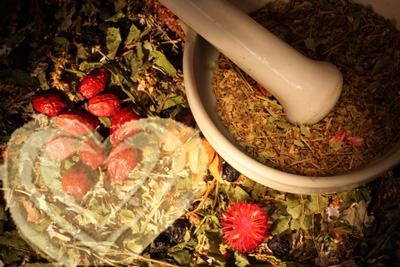Page 1 Page 2 Page 3 Page 4 Page 5
It has been, now, thirteen years since I married Herbert Maxwell Cooper. We married on a warm day in late March — a wonderful day without a single drop of rain. I still have one of our invitations, I believe: Herbert and Carolyn, March 31, 1939. Together forever.
We took our honeymoon in Jacksonville, Florida, and then we returned to the house Herbert had purchased not a year before in Savannah. I remember mornings filled with sunshine and bacon frying on the stove; afternoons sipping iced tea on the porch with my friends, most of whom were also getting married at that time; dinners with Herbert by candlelight.
Herbert was deemed unfit to fight in the war due to his terrible eyesight and weak lungs. He worked every day in a pharmacy downtown, and I stayed at home and kept an eye on the place. As the years went by and the war went on, my friends, one after another, caught pregnant. I helped them pick out cloth diapers and little cans of Fremont Canning Company food. I watched their bellies grow and their faces shine with excitement. My chest began to grow heavy with longing, and as I lay in Herbert’s arms each night, I often cried myself to sleep wishing for a child of my own. Finally, three years after we’d married, I went back to the swamp.
Herbert took the car to work each morning, and so that rainy afternoon I called a taxi cab to our house in Ardsley Park, and while I was waiting, I put in another call to my mother and told her where I was going. I told her that I loved her, and that if anything should happen to me, she should take care of Herbert, as he was a fragile man. I hung up the phone when, out the window streaked with raindrops, I saw the cabbie pull up to the curb outside the house.
I told the cabbie to take me to the marina off Victory Drive, and he tipped his hat to me. He smelled of tobacco and shoe polish, and he had a friendly smile marred only by a missing tooth in front. The drive was not eventful or long; we passed through wet and dirty streets until I could see the river, and then I pulled my wallet from my purse and paid the man. Quickly I stepped out of the cab, avoiding puddles and wishing I’d had the sense to wear rain boots.
I found myself someone willing to take me down the river. He was a scrawny black boy with wide brown eyes. His boat was a small rowboat in need of paint, but it seemed sturdy enough, and any doubts I might have had about his ability to captain it dissolved instantly once we left the shore. He manned that boat so well that it felt as if we were flying instead of sailing down the Wilmington River.
Soon enough we were clear of the tight banks of the river and it opened up, the same gray-blue color as the sky. The rain was not as torrential as it had been that morning, but I was still soaked to the bone by the time we arrived at the swamps. I shivered and my teeth chattered, and the boy offered me his ragged coat, but I declined it, because he looked just as cold as I felt. As we made our way to more open waters, I thought about what I might say — how I might explain my visit. It was so easy, the first time, but now I felt like an intruder: like someone who returns to the scene of a very fortunate accident hoping to replicate her good luck.
I told the boy to take me to the north side of Wassaw Island. He steered us there without any trouble, though I imagine the ocean’s current was mighty hard on him and his skinny body. His skill showed me he’d piloted those waters before, and I thought perhaps he was accustomed to ferrying folks to the island. It was some time before we found dry land, of course; I looked around at all the dead and dying trees half-submerged in the brackish water, moss hanging off their bone-white branches, giant bass with glimmering scales swimming around their rotten roots. Now and then I saw a loggerhead turtle, though it seemed to me too early in the year for such creatures to be out. And every dozen feet I saw the long curving neck of a heron watching us cross the swamp with a cold gaze. Occasionally one of them dipped its sharp beak into the water and speared some unsuspecting little fish, taking the silver body wriggling down its gullet.
When we found the shore, the boy tied his boat to the sturdiest-looking tree around and helped me out of it. His hand was warm despite the cold around us.
“Now, young man,” I said to the boy, “if you’ll kindly wait here until I come back, I’ll pay you double what I gave you at the marina.”
He agreed enthusiastically, and promised to wait for me. I turned to the island and made my way inward from the shore. It was hard going, seeing as I wore shoes not at all fit for the grassy humps and stray holes. But I made it to my destination with only a spray of mud on my coat, and for that I was thankful.


